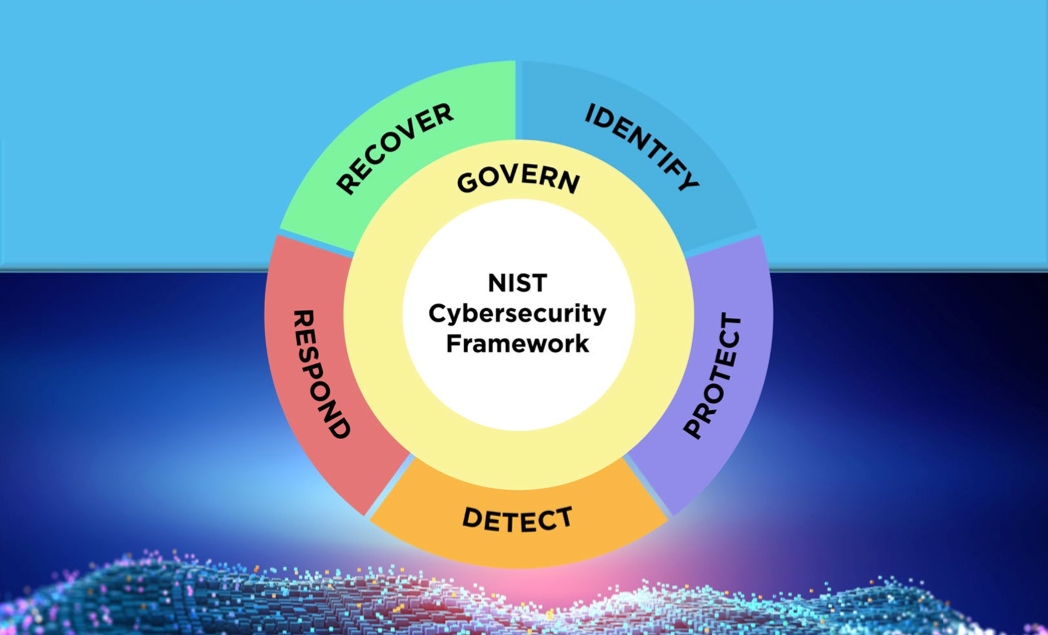PlugX Trojan Disguised as Legitimate Windows Debugger Tool in Latest Attacks

The PlugX remote access trojan has been observed masquerading as an open source Windows debugger tool called x64dbg in an attempt to circumvent security protections and gain control of a target system.
"This file is a legitimate open-source debugger tool for Windows that is generally used to examine kernel-mode and user-mode code, crash dumps, or CPU registers," researchers published last week.
PlugX, also known as Korplug, is a post-exploitation modular implant, which, among other things, is known for its multiple functionalities such as data exfiltration and its ability to use the compromised machine for nefarious purposes.
Although first documented a decade ago in 2012, early samples of the malware date as far as February 2008, according to a report at the time. Over the years, PlugX has been used by threat actors with a Chinese nexus as well as cybercrime groups.
One of the key methods the malware employs is a technique DLL side-loading to load a malicious DLL from a digitally signed software application, in this case the x64dbg debugging tool (x32dbg.exe).
It's worth noting here that DLL side-loading attacks leverage the DLL search order mechanism in Windows to plant and then invoke a legitimate application that executes a rogue payload.
"Being a legitimate application, x32dbg.exe's valid digital signature can confuse some security tools, enabling threat actors to fly under the radar, maintain persistence, escalate privileges, and bypass file execution restrictions," researchers said.
The hijacking of x64dbg to load PlugX was disclosed last month by researcher, which discovered a new variant of the malware that hides malicious files on removable USB devices to propagate the infection to other Windows hosts.
Persistence is achieved via Windows Registry modifications and the creation of scheduled tasks to ensure continued access even after system restarts.
Researcher analysis of the attack chain also revealed the use of x32dbg.exe to deploy a backdoor, a UDP shell client that collects system information and awaits additional instructions from a remote server.
"Despite advances in security technology, attackers continue to use [DLL side-loading] since it exploits a fundamental trust in legitimate applications," the researchers said.
"This technique will remain viable for attackers to deliver malware and gain access to sensitive information as long as systems and applications continue to trust and load dynamic libraries.
A review of zero-day in-the-wild exploits in 2023
28 Mar 2024In 2023, Google observed 97 zero-day vulnerabilities exploited in-the-wild. That’s over 50 percent more than in 2022, but still shy of 2021’s record of 106. Today, Google published its fifth annual review of zero-days exploited in-the-wild.
Read MoreVulnerability In 16.5K+ VMware ESXi Instances Let Attackers Execute Code
25 Mar 2024VMware has acknowledged the presence of several vulnerabilities in its products after they were privately reported.The company has released updates to address these issues in the affected software. While each vulnerability is rated as ‘Important,’ their combined potential impact escalates to ‘Critical’ severity. Shadowserver has tweeted a warning about vulnerabilities in VMware ESXi instances. These vulnerabilities can enable a malicious actor with local admin privileges to bypass sandbox protections. Shadowserver is conducting scans and sharing its findings to help mitigate the risks associated with these vulnerabilities.
Read MoreNIST Cybersecurity Framework 2.0: 4 Steps to Get Started
20 Mar 2024The National Institute of Standards and Technology has revised the book on creating a comprehensive cybersecurity program that aims to help organizations of every size be more secure. Here's where to start putting the changes into action.
Read More

